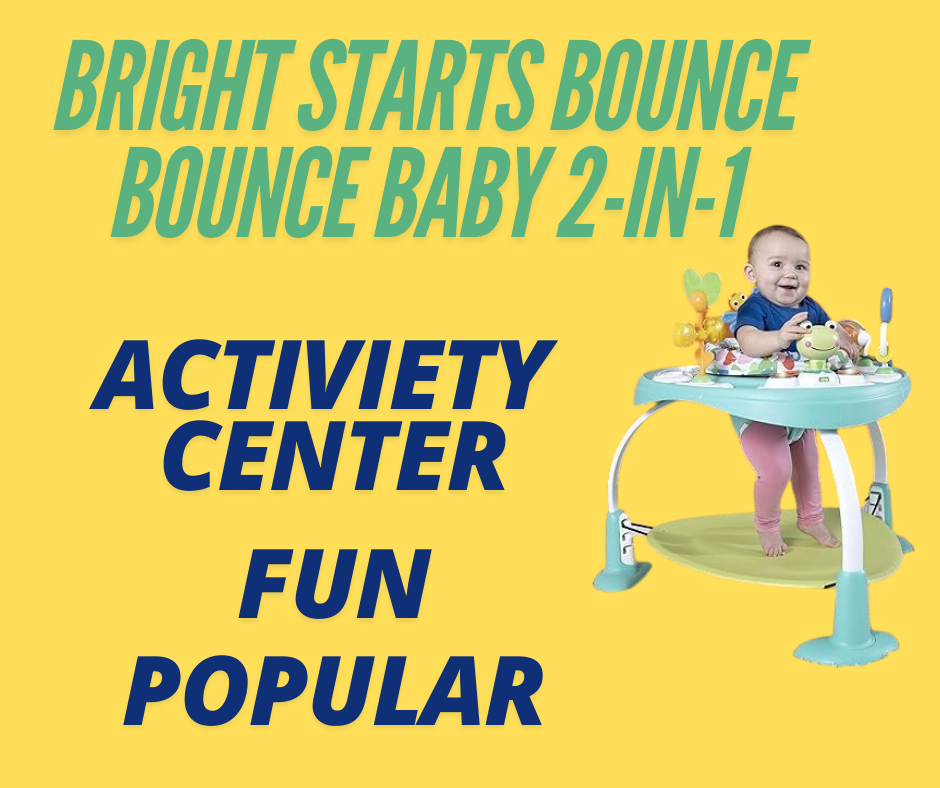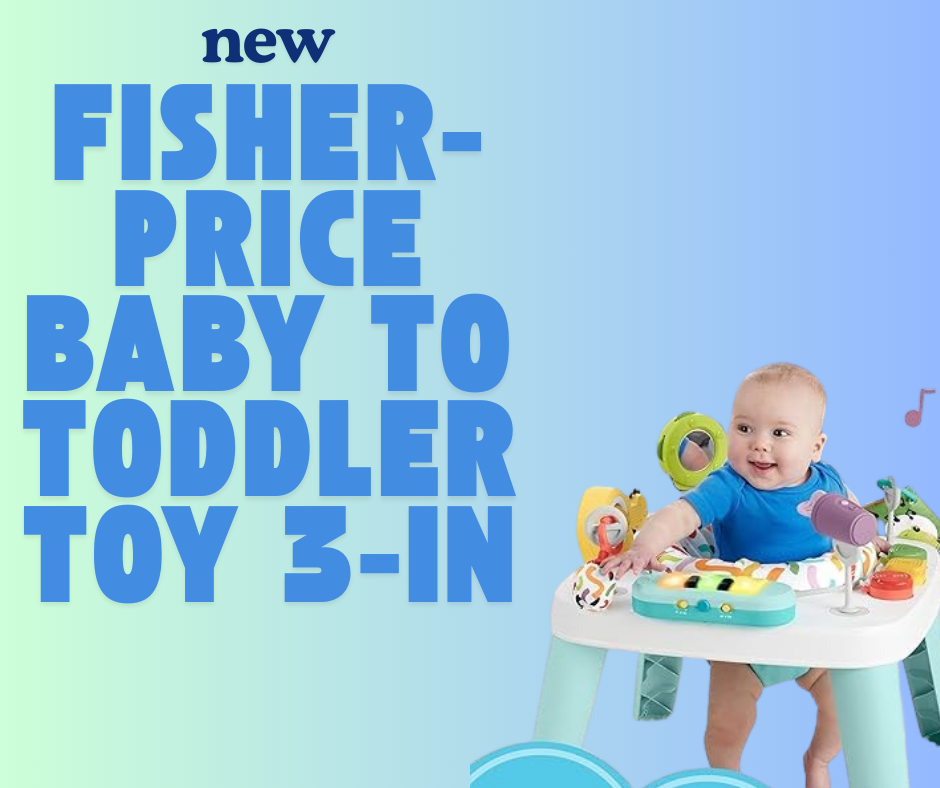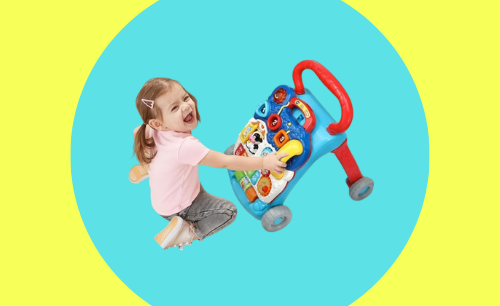Table of Contents
- Introduction
- Benefit 1: Enhanced Motor Skills
- Benefit 2: Sensory Exploration
- Benefit 3: Cognitive Development
- Benefit 4: Early Social Skills Through Independent Play
- Benefit 5: Safe and Engaging Environment
- Conclusion
Introduction
Baby activity centers have become popular choices among parents looking to provide a safe and engaging way for their little ones to play and learn. Designed to encourage healthy development, activity centers offer babies a rich sensory experience and allow them to engage in meaningful, self-guided exploration. Here, we outline the top five benefits of using a baby activity center and how it supports your child’s physical, cognitive, and social growth.

Benefit 1: Enhanced Motor Skills
Activity centers are designed with toys, buttons, and levers that babies can reach, grab, push, and pull, which all contribute to enhancing motor skills. These actions promote both fine and gross motor development:
- Fine motor skills include reaching, grasping, and manipulating small objects, which strengthen hand-eye coordination.
- Gross motor skills are developed as babies move around in a seated or standing position, improving balance and core strength.
By frequently using these features, babies gradually build the coordination and muscle strength necessary for later milestones like crawling and walking.
Benefit 2: Sensory Exploration
One of the standout advantages of activity centers is the variety of sensory experiences they provide. Many are equipped with colorful toys, sounds, textures, and sometimes even lights, all of which engage babies’ senses.
- Visual stimulation is achieved through brightly colored toys and mirrors, helping babies understand color and light.
- Auditory stimulation is offered through sounds or music that play when certain buttons are pressed.
- Tactile exploration comes from a range of textures, from smooth plastics to soft fabrics, allowing babies to feel and learn through touch.
This sensory-rich environment helps babies make connections between their senses and the world around them, building a strong foundation for cognitive and emotional development.
Benefit 3: Cognitive Development
Activity centers encourage curiosity and problem-solving by providing babies with opportunities to experiment and observe outcomes. When babies press buttons to activate sounds or spin toys to see movement, they’re learning about cause and effect, a key cognitive milestone.
- Develops curiosity: Interactive features keep babies engaged, leading them to explore and figure out how each part works.
- Builds concentration: As they interact with various toys and activities, babies learn to focus and sustain attention, developing concentration skills that will benefit them later in life.
These cognitive exercises are essential for developing memory, attention, and early problem-solving skills, all of which form the foundation for lifelong learning.
Benefit 4: Early Social Skills Through Independent Play
Activity centers encourage a sense of independence, which can foster early social skills. Babies learn to play and explore on their own, building confidence as they make discoveries and achieve small milestones.
- Self-confidence: Babies gain a sense of accomplishment as they successfully engage with each toy or activity on their own.
- Turn-taking (if used with siblings or friends): Activity centers can also encourage turn-taking when siblings or friends play together, introducing early concepts of social interaction and cooperation.
By allowing babies to play independently, parents also give them the chance to start developing a sense of self, which is crucial for social and emotional development.
Benefit 5: Safe and Engaging Environment
An activity center provides a secure, stationary setup, allowing babies to play safely without moving around the room. This is ideal for parents who need a safe spot for their little one while they attend to other tasks.
- Encourages self-paced learning: Babies can explore and play at their own speed, allowing them to absorb new information and build skills at a comfortable pace.
- Safety without supervision: Parents can have peace of mind knowing that their baby is safe in a stationary, secure environment.
This balance of engagement and safety makes activity centers a valuable tool for parents looking to support their baby’s development while ensuring they remain safe.

Conclusion
Baby activity centers are more than just toys; they’re tools for healthy development, providing a safe and stimulating environment for physical, sensory, cognitive, and social growth. From enhancing motor skills and sensory awareness to fostering independence and early social skills, activity centers support essential developmental milestones. By choosing a well-designed activity center, you’re giving your baby the opportunity to explore, learn, and grow in a safe and engaging space.
